People's Council - control of legitimate power
The Draft Resolution amending and supplementing a number of articles of the 2013 Constitution intends to amend Article 111 of the 2013 Constitution, stipulating: "Local government consists of people's councils and people's committees organized in administrative units suitable to the characteristics of rural, urban, island, and special administrative- economic units as prescribed by the National Assembly."
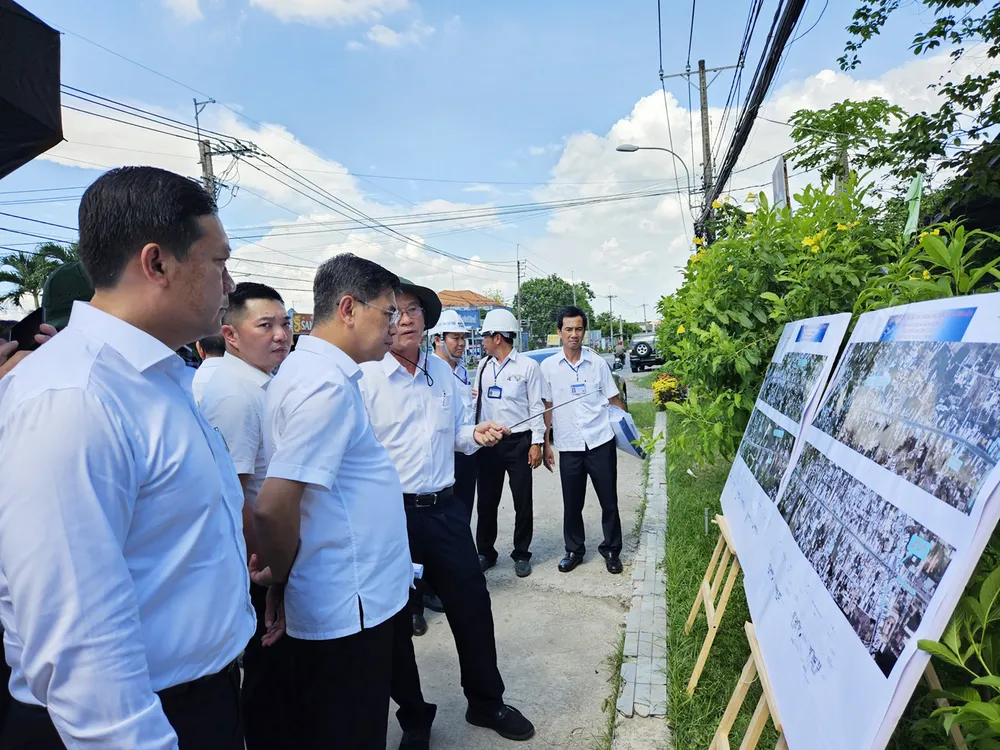
In my opinion, the People's Committees at the provincial and communal levels are also representative bodies of the people. That is, the people are the masters not only through the Fatherland Front, socio- political organizations, and elected representatives, but also through the People's Committees.
Meanwhile, the power of the provincial and communal levels, especially the communal level after the reorganization, is expected to be assigned a lot of authority, so it is easy to lead to abuse of power. That requires the implementation of the principle that where there is power, there must be a mechanism to monitor power. To limit the abuse of power by administrative agencies, there are many mechanisms to control power.
However, the supervision and control of the power of the People's Council is still a legitimate and powerful way and in accordance with the operating mechanism of the socialist rule of law state that we are striving to build. That is, wherever there is an administrative agency, there must be a People's Council to supervise and control the power of the state administrative agency. Therefore, Article 111 of the amended Constitution needs to be adjusted to: "Local government consists of People's Councils and People's Committees organized in administrative units of the Socialist Republic of Vietnam".
Our country has piloted not organizing People's Councils at the district and ward levels in some localities. Thereby, it has saved a significant amount of budget, but the final results are still not as expected and there are many shortcomings in the implementation process. The previous pilot was due to the cumbersome apparatus and large staff. However, in the near future, when merging provinces, not organizing at the district level and merging at the commune level, the above limitations will be overcome. With that reality, it is necessary to organize People's Councils at the commune level, helping to promote democratic institutions, closeness and attachment to the people in the area, while ensuring that the People's Council is an organization representing voters and supervising the activities of the commune-level government.
Protect the legitimate interests of the people
For example, suppose the civil servant in charge of granting construction permits in a ward or commune causes difficulties for people in the licensing process, people can directly meet with the People's Council representative of the ward or commune to present and request the People's Council representative to give their opinion to the government. Or an alley in a residential area is damaged by a truck carrying dirt, flooded and muddy by rain, people have made many complaints but for some reason the local administrative agency has not yet resolved the issue. At that time, people can meet with their representative to make complaints, reflections, and proposals, and the People's Council representatives will make complaints so that the administrative agency there must have a solution to resolve the issue.
In addition, in order for the People's Council at the commune level, especially after the merger, to promote its important position, role and responsibility, there must be a mechanism to facilitate the operation of this organization. First of all, it is necessary to innovate the election and selection of delegates to be able to elect truly intelligent and capable delegates, with little or no connection to positions in the Party and State. These could be veterans, intellectuals, local business owners, prestigious people in the community such as village elders, village chiefs, revolutionary veterans, religious dignitaries, retired officials, etc. If this can be done, the People's Council and People's Council delegates will truly operate effectively.
On the afternoon of May 26, Ms. Nguyen Thi Hanh, Director of the Department of Criminal and Administrative Law ( Ministry of Justice ) said that as of 5:00 p.m. on May 26, 1 ministry had sent an official report and 7 ministries and branches had sent draft reports on the synthesis of the results of collecting opinions on the draft Resolution amending and supplementing a number of articles of the 2013 Constitution to the Ministry of Justice.
MR. PHUONG
Source: https://www.sggp.org.vn/phat-huy-hieu-qua-hoat-dong-cua-hoi-dong-nhan-dan-post796941.html


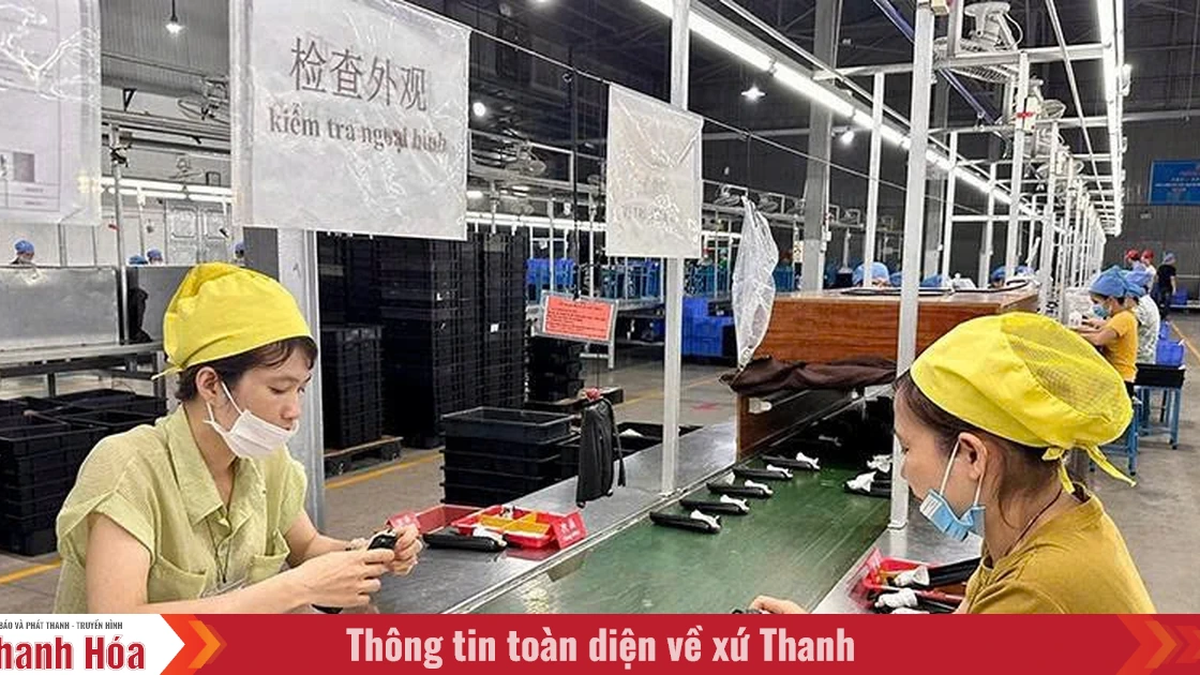
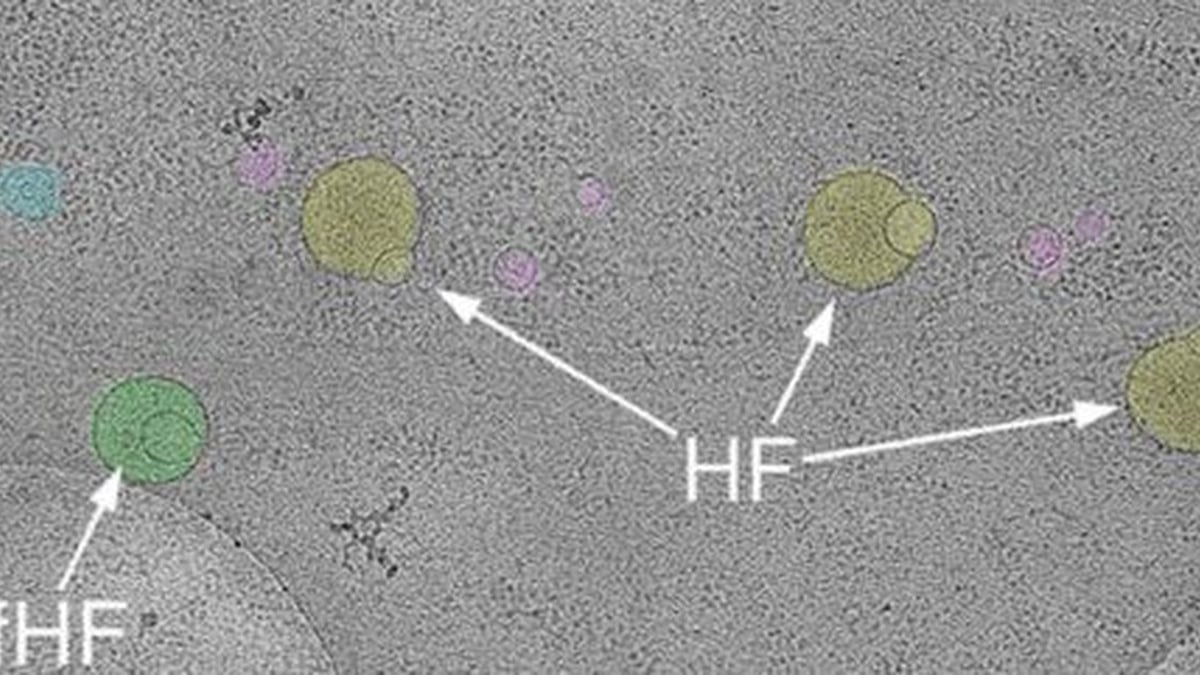

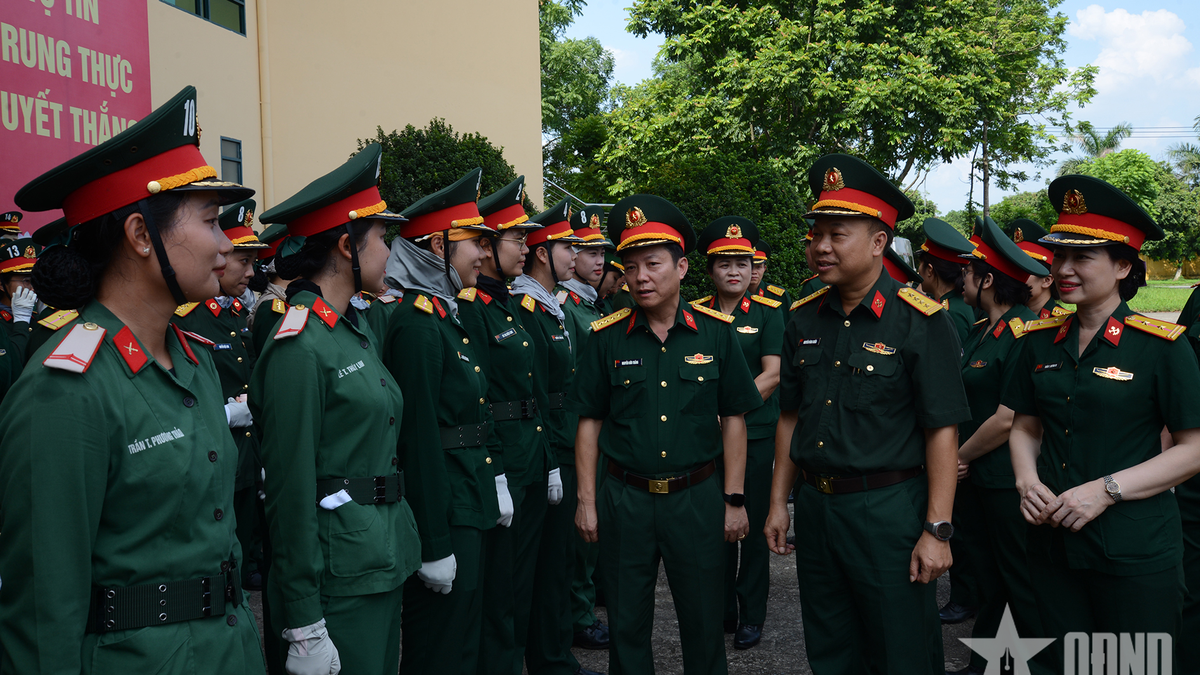
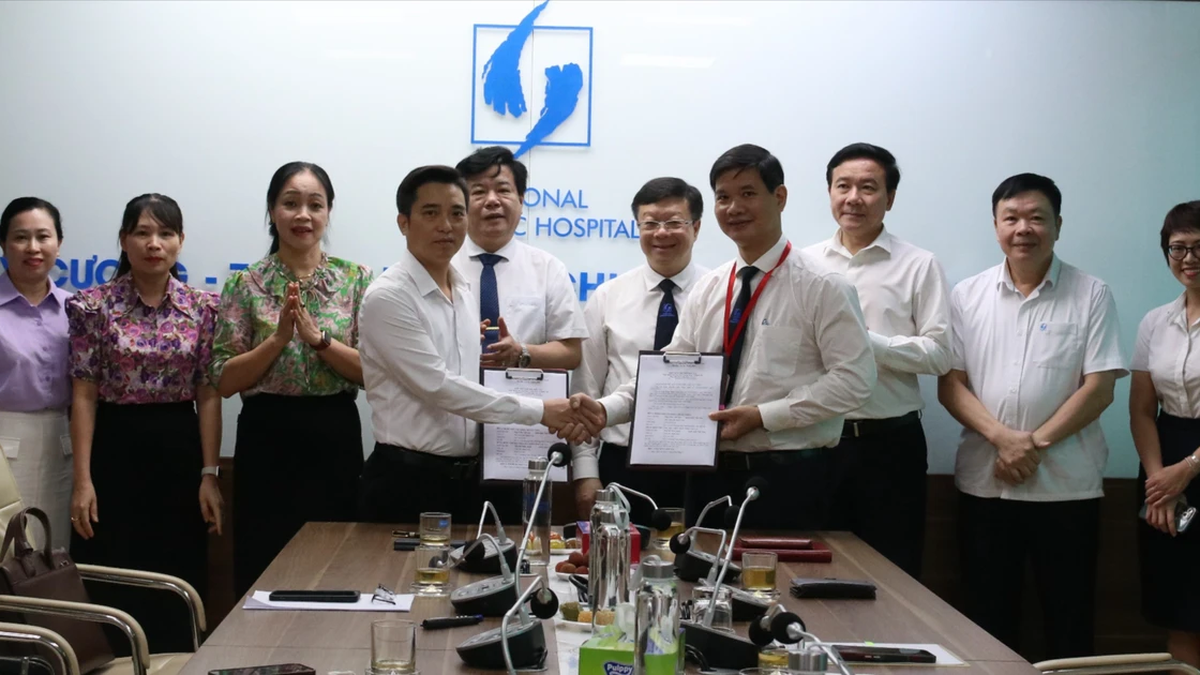
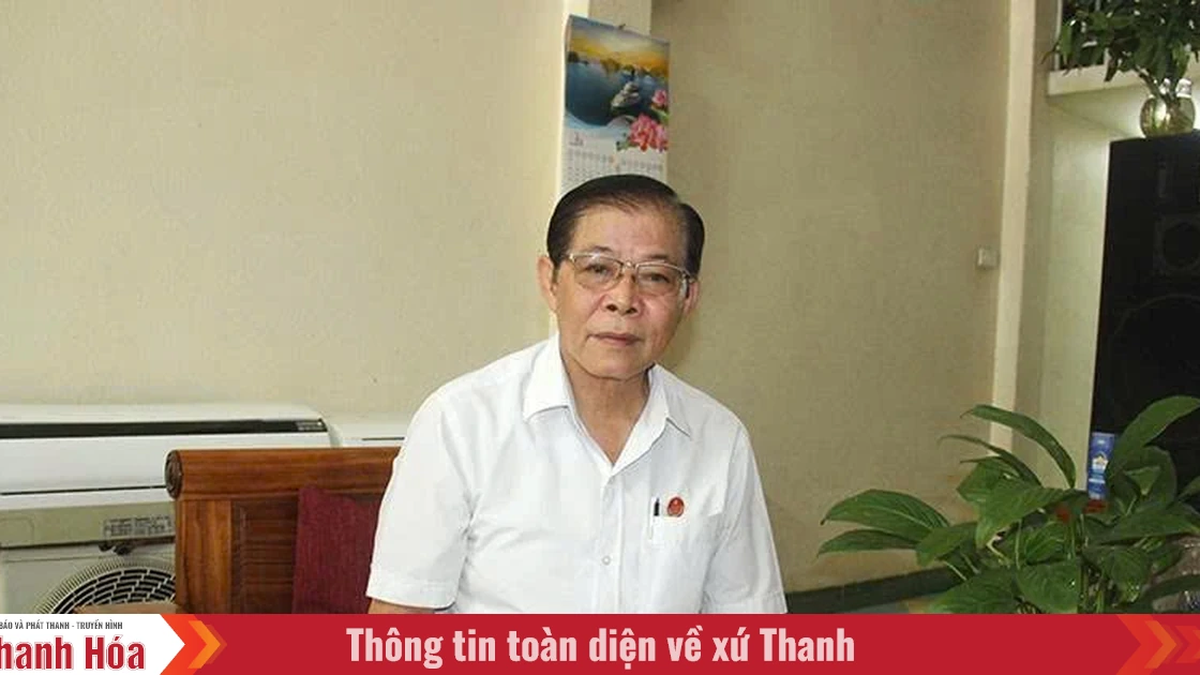
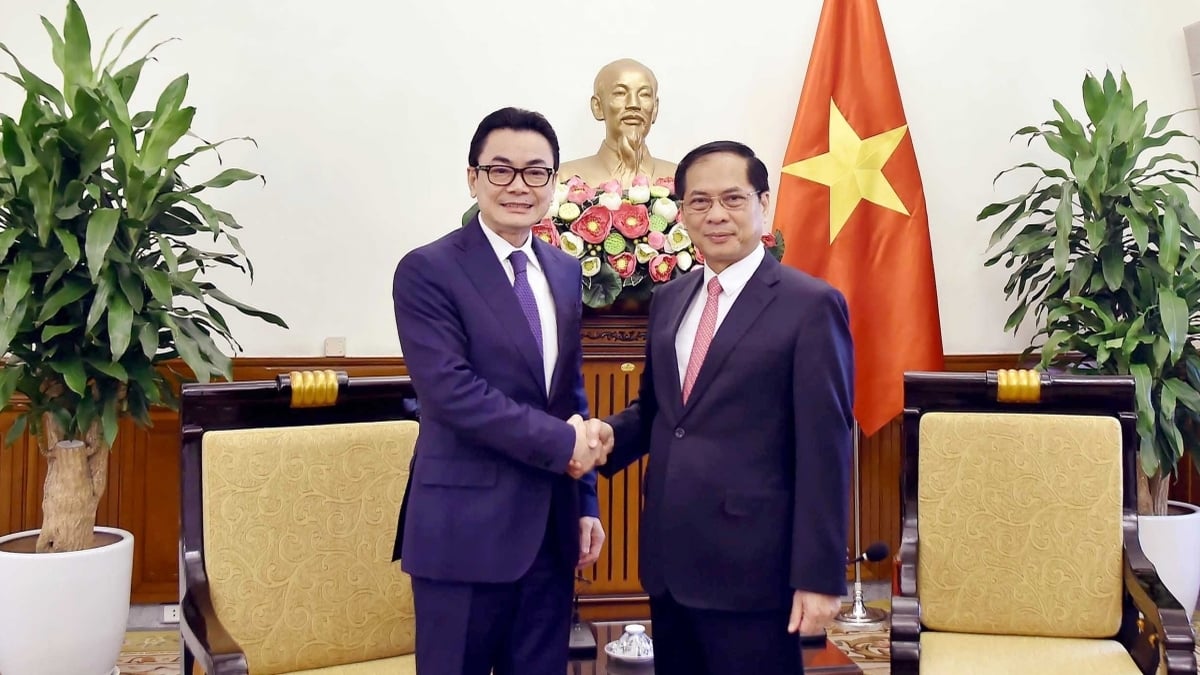
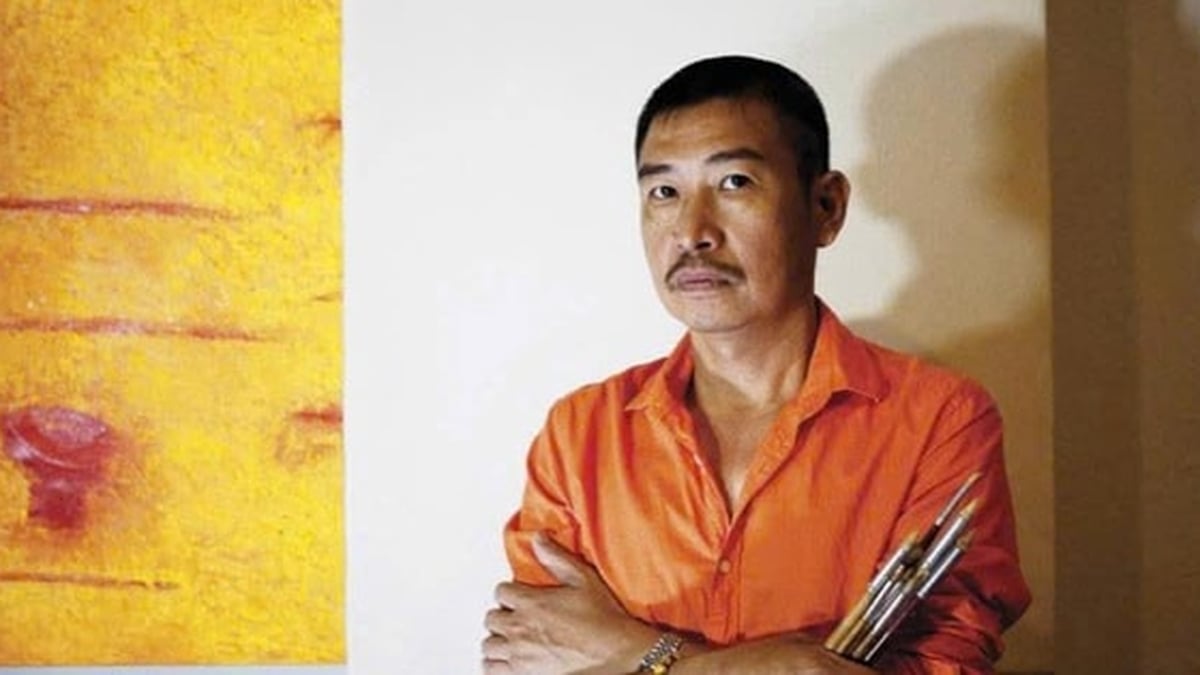
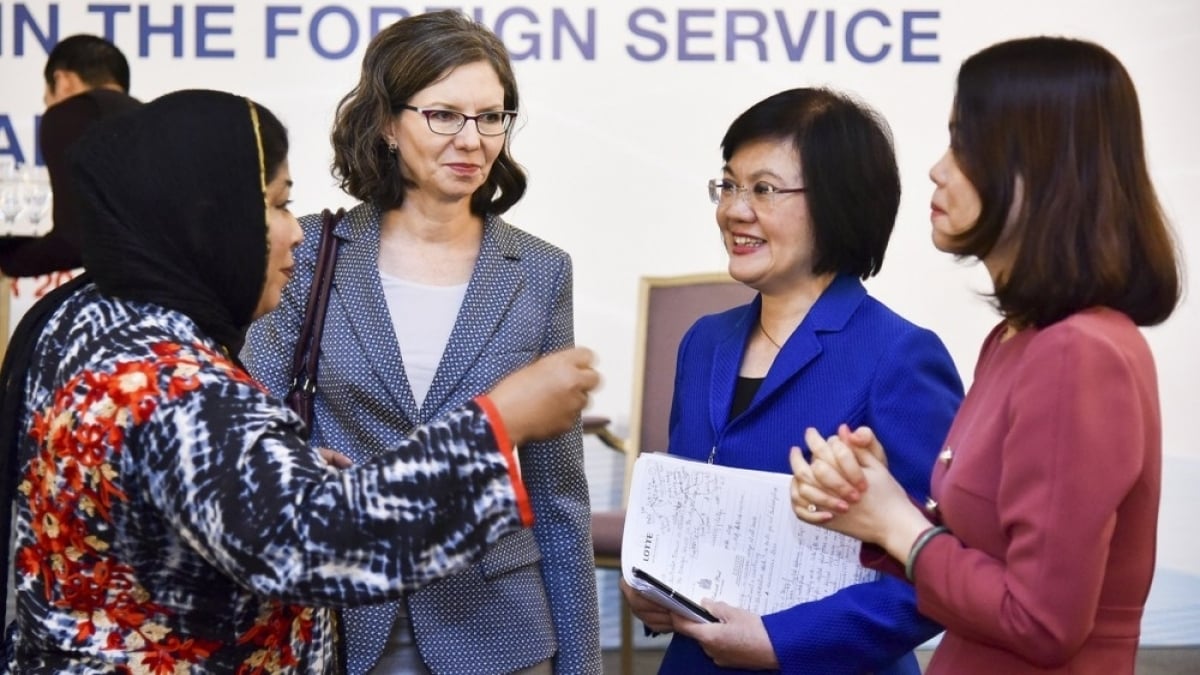






















































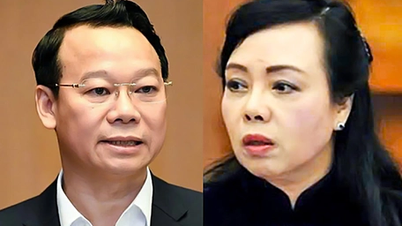
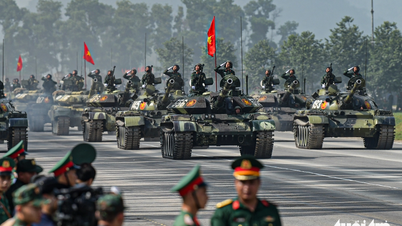

































Comment (0)